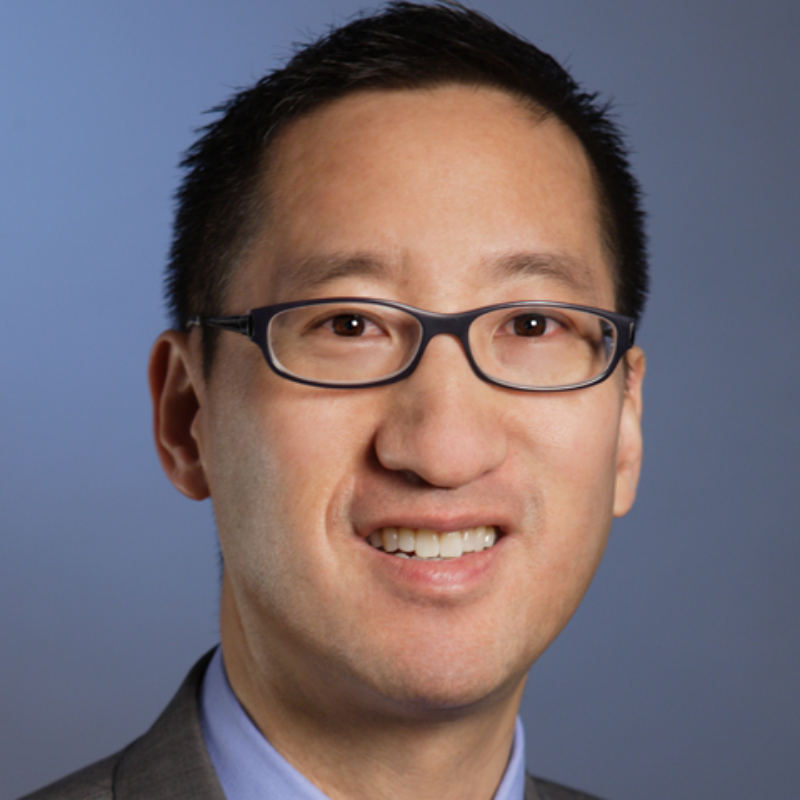For a while now, I've thought about how to provide funders with opportunities to see our food justice grantees doing amazing work in South L.A. I want to help our fellow foundations to see that access to healthy food in underserved communities is more than just a health issue—it’s an economic justice issue. Community-rooted food businesses can help transform unhealthy food deserts by creating jobs, a sense of place and stable neighborhoods.
I had a chance to realize this vision when my colleague Fatima Angeles, Cal Wellness’ Vice President of Programs, and I participated in a funders' bus tour sponsored by Southern California Grantmakers, and underwritten by Cal Wellness. Conversations with Clare Fox, Executive Director of our grantee the Los Angeles Food Policy Council (LAFPC), led to the development of the tour.
In South L.A., there are a number of "food deserts." According to the U.S. Department of Agriculture, food deserts are defined as areas devoid of fresh fruit, vegetables and other healthful whole foods, largely due to a lack of grocery stores, farmers’ markets and healthy food providers.
In the case of these areas of South L.A., there are no grocery stores, and typically the areas are inundated with fast-food outlets and corner stores that primarily sell junk food and liquor. Our grantees like LAFPC and Leadership for Urban Renewal Network (LURN)—who worked together on planning the tour—and other visionary nonprofit organizations are trying to change those conditions.
On the bus heading to our first stop, we heard from Breanna Hawkins, policy director for LAFPC about the years of disinvestment that led to South L.A. becoming a food desert. Our first stop was Hank's Mini-Market, located at W. Florence Avenue and 11th Avenue. Kelli Jackson inherited the store from her father. Previously it been a typical corner store, primarily selling liquor. Take a look at how it looks now:

